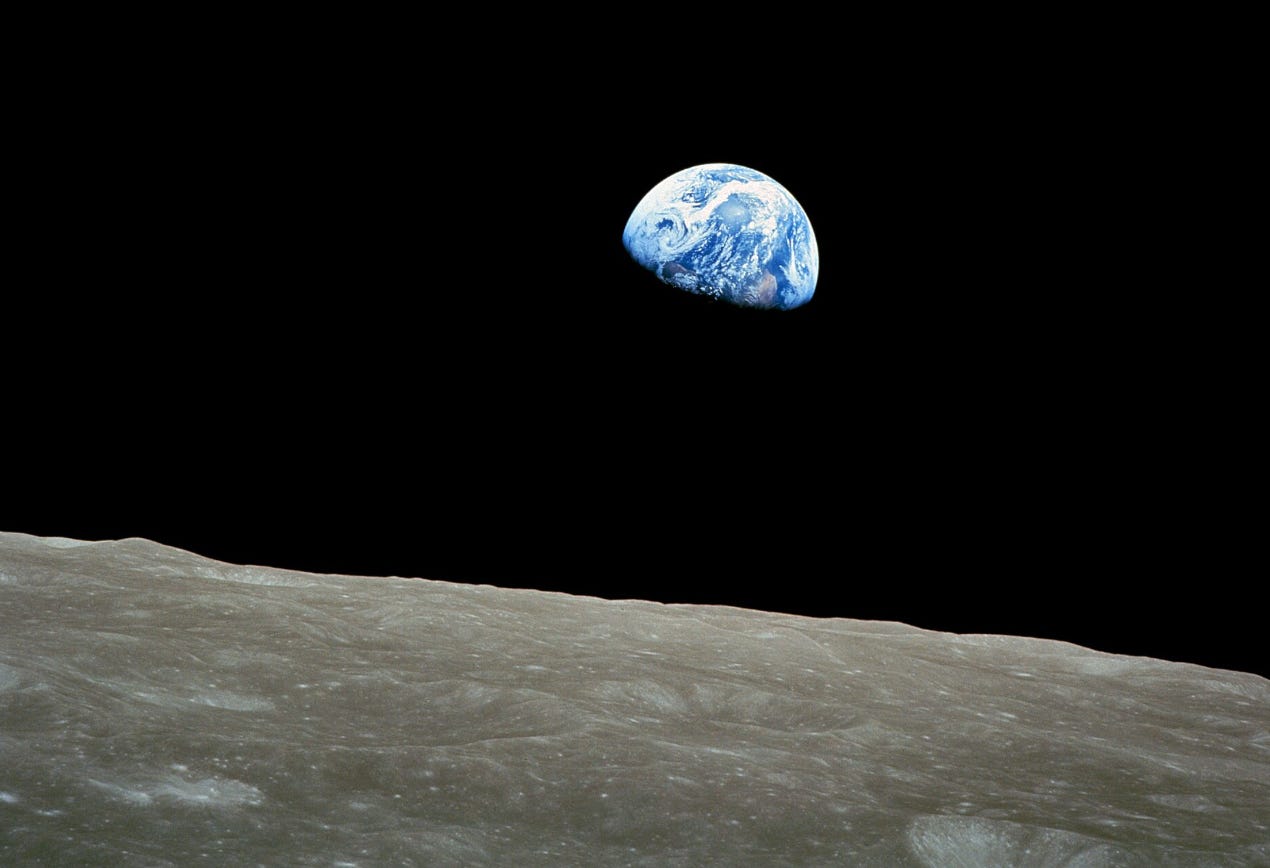Were California's Environmental and Tax Revolt Movements Distinct?
Ecology activism emerged in coastal California in 1969 and Proposition 13 in California's more inland suburbs in 1978. How different were they deep down?
The emergence in California of environmentalism in 1969 and of tax revolt in 1978 are usually considered to be highly contrary leftist and rightist movements. But in the long view …
I’m opining based on my understanding of events when I was young. How accurate are my recollections?
My memory is that I can recall first reading the sports section of the newspaper from the second half of 1965 when I was six, so I have vivid memories of Sandy Koufax’s heroics in the 1965 World Series and UCLA’s 20-16 victory in football over USC.
At some point in 1967 or early 1968, I started reading the other sections of the newspaper. Although I’m often called a contrarian, I’m actually quite conformist about the media. People ask me: How can I read the New York Times? My reply is that with 11 million paying subscribers, it’s clearly the world’s most important news media institution, so of course I read it even if I frequently criticize it.
Likewise, if other people considered the front page news important in 1968, then nine-year-old me was likely to assume these grown-ups are probably right and thus give it a try. So I have contemporary political and cultural memories of the tumultuous events of 1968-1969, such as RFK’s assassination.
In January 1969, the newspapers were suddenly full of the word “ecology.” The signal event was the Santa Barbara oil spill, which seemed, at least from this Californian’s recollection, to launch the environmental era, which led to major environmental laws being signed by President Nixon.
Stewart Brand, publisher of the hippie Whole Earth Catalog, argued that the vibe shift against development happened the month before the Santa Barbara oil spill in December 1968 with the publication of beautiful color photos of the Earth rising over the lifeless moon. On the 50th anniversary of snapping Earthrise, Apollo 8 astronaut William Anders said, "We set out to explore the moon and instead discovered the Earth.”
Here’s one of Mark Rothko’s last paintings, Untitled in 1969-1970, from just before his 1970 suicide. No art scholars ever mention it, but it sure looks to me like something everybody saw frequently in those years: the bleak view of the Moon from lunar orbit without the Earth:
Conservationism in England had been vaguely Tory-coded (e.g., Lord of the Rings and Watership Down).
In America it had been associated with the WASP progressive Roosevelt presidents. For example, TR was a co-founder in 1887 of the Boone and Crockett Club, which worked to preserve America’s settler tradition of hunting by crusading against over-harvesting of game, such as the wiping out of buffalo hunting by 1883. FDR’s Civilian Conservation Corps, which gave outdoor pick and shovel jobs to unemployed young men to improve America’s spectacular natural landscape, such as building the John Muir Trail through the High Sierra, was perhaps the single most broadly popular undertaking of the New Deal.
Was conservationism conservative or progressive?
Paywall here.




